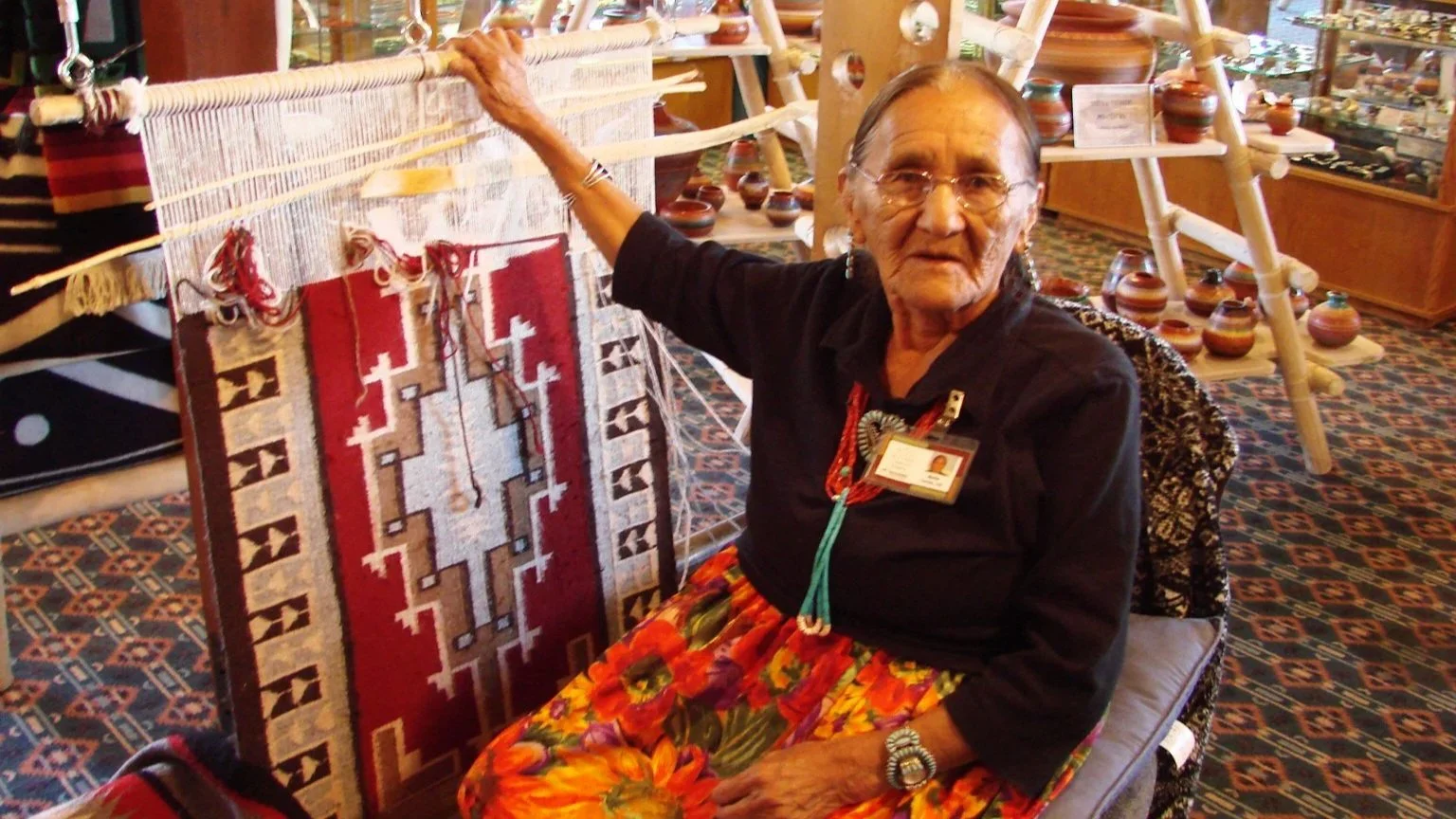Resources, Funding, and Support for Indigenous-Owned Businesses
Supporting small businesses is an important way to advocate for a just and sustainable economy. By patronizing local businesses, or small companies with an online store, Green Americans can challenge the stranglehold of big box businesses and show demand for more ethical business practices.
Small businesses represent over 40% of the U.S. GDP, but 9 in 10 say they are facing steep challenges right now, namely finding and retaining customers. With increasing rent costs, tariffs, and more, keeping a business’ lights on is costly, especially for small businesses owned by marginalized groups. Business owners of color, women business owners, disabled business owners, and beyond face systemic barriers like discriminatory access to capital and loans or less favorable insurance terms.
Investing in Indigenous Communities
Native-owned businesses are a crucial part of the economy and the fabric of this country. As of 2021, American Indian and Alaska Native-owned businesses employed over 330,000 people, paid $14.6 billion in wages, and $78.5 billion in profits.
The following resources and funding opportunities for Indigenous-owned businesses can help keep these businesses open, attract new customers, and inspire more diverse entrepreneurs to pursue their small business dreams.
Unique Funding for Indigenous-Owned Businesses
Grant and investment opportunities tailored to specific communities are critical, ensuring marginalized entrepreneurs can receive aid. The following list gathers several of these opportunities for ease of access:
Native Business Center: Your one-stop shop for all resources and support as an Indigenous business owner. The Native Business Center offers grants and loans to small businesses, as well as technical assistance for the grant application process. The organization also provides training, webinars, and a directory of Native-owned businesses.
First Nations: Since 1993 and through 2024, First Nations “successfully managed 3,473 grants totaling $85 million to Native American projects and organizations in 45 states, the District of Columbia, and U.S. Territory American Samoa.” They currently have a grant for young natural resource professionals in the Northern Great Plains.
NDN Collective: This Indigenous-led organization is dedicated to the empowerment of all Indigenous Americans, including entrepreneurs. One grant is the Radical Imagination grant which offers $50k to “individual artists, artist cooperatives, or small nonprofits” or the Community Self-Determination program.
Change Labs: At Change Labs, the Native Start-Up program offers a variety of funding opportunities, from the Tribal Funding Registry and the Yéigo Action Grant.
State-by-State:
New Mexico: The Tribal Grant Fund of New Mexico offers a grant up to $8k for businesses located in several areas of the state.
Minnesota: The state’s business loan program “supports the development of Native-owned and operated businesses and promotes economic opportunities for Native peoples throughout Minnesota.”
Montana: The Indian Equity Fund Small Business Grant is a grant to assist a startup or expanding Native American business in Montana, with a total of $320k available.
For more, try searching “Indigenous business funding + STATE” to find specific grants and loans by location.
Nation-Specific:
Cherokee: The Cherokee Nation offers numerous funding opportunities in different areas like sustainability, community work, and more.
Choctaw: This nation’s small business development fund provides assistance to tribal members wanting to start or grow their own businesses.
For more, try searching “NATION business funding” to find specific grants and loans by tribal nations.
Support and Community Resources
There are many challenges for businesses with marginalized owners, including publicity and funding. The below communities and networks offer space and resources for Indigenous-owned businesses:
The National Center for American Indian Enterprise Development: Since 1969, the National Center for American Indian Enterprise Development has been a driving force for the advancement of Indigenous entrepreneurs and businesses through training and programming.
Sister Sky: At Sister Sky, whether you are a new or established Native entrepreneur, this is your resource for growth, learning, and success, with a vast and free resource library, including an archive of training videos.
First American Capital Corp: This certified Community Development Financial Institution provides support to Native-owned firms in Wisconsin.
Indigenous Business Group: The Native entrepreneurs behind Indigenous Business Group “realized the need for a non-profit organization that provided opportunities for native-owned businesses to access resources, network, and gain knowledge to help them thrive.”
Tribal Link: At Tribal Link, there is a two-pronged approach: supporting Native entrepreneurs capacity building and training and liaising with the private sector to collaborate with Indigenous entrepreneurs ethically.
Oweesta Corporation: Oweesta is the longest standing Native CDFI intermediary offering financial products and development services exclusively to Native CDFIs and Native communities.
Native American Business Association: NABA “serves as a voice for Native American business owners and entrepreneurs,” by promoting economic development and opportunities.
APEX Accelerators: The APEX Accelerators program “provides the education and training to ensure that all businesses become capable of participating in federal, state, and local government contracts” and they have a specific map for Native programs.
ONABEN: This organization is driven by the economic development of all Native peoples by hosting events, trainings, and beyond.
Together, we can create a more equitable and creative world. Share these resources amongst your professional and personal circles and prioritize your own shopping at small and local businesses.
The Green Business Network is the first and most diverse network of socially and environmentally responsible businesses in the country, home to both rising social and eco enterprises and the most established green businesses around.

